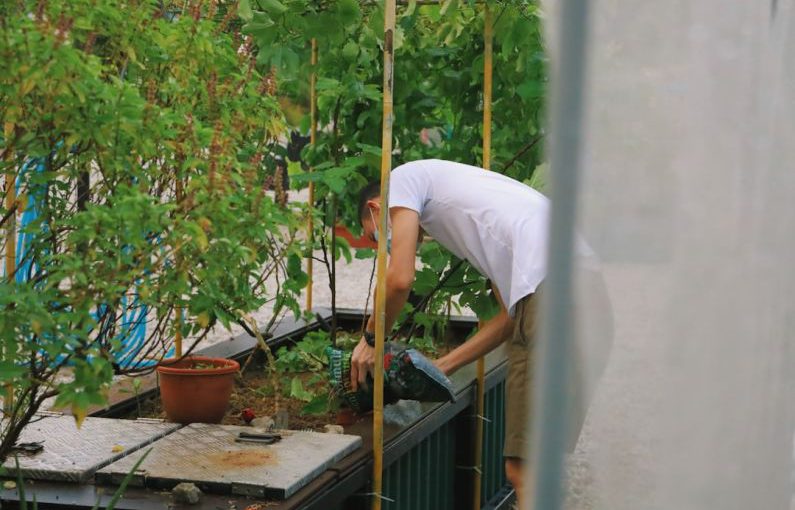In today’s fast-paced world, with a growing global population and increasing environmental concerns, the concept of food sustainability has become more important than ever. Urban farming has emerged as a practical solution to address food security challenges in urban areas. By integrating agricultural practices into city landscapes, urban farming is making significant contributions to food sustainability.
**The Rise of Urban Farming**
Urban farming is a trend that has been gaining momentum in recent years. As cities continue to expand and encroach upon rural areas, the need for sustainable food sources within urban environments becomes more pressing. Urban farming involves growing, processing, and distributing food within or around urban areas. These initiatives can take various forms, including rooftop gardens, vertical farming, community gardens, and hydroponic systems.
**Reducing Food Miles**
One of the key benefits of urban farming is the reduction of food miles. By producing food locally, urban farmers eliminate the need for long-distance transportation and distribution networks. This helps to decrease carbon emissions associated with food transport and storage, ultimately reducing the environmental impact of food production. Additionally, shorter food miles mean fresher produce for consumers, as fruits and vegetables can be harvested at peak ripeness and delivered quickly to local markets.
**Maximizing Land Use**
Urban farming also allows for the efficient use of limited urban space. With land becoming increasingly scarce in cities, urban farmers have found innovative ways to maximize productivity in small areas. Vertical farming, for example, involves growing crops in vertically stacked layers, utilizing unused vertical space in buildings. Rooftop gardens and community plots make use of underutilized spaces to grow fresh produce, creating green oases in concrete jungles.
**Promoting Food Security**
Urban farming plays a crucial role in promoting food security in urban areas. By producing food locally, urban farmers help to diversify food sources and reduce reliance on imported goods. This is especially important in times of crisis, such as natural disasters or supply chain disruptions, when access to fresh produce may be limited. Community gardens and urban farms provide a reliable source of nutritious food for residents, helping to combat food deserts and improve overall food access.
**Educating Communities**
In addition to providing fresh and sustainable food options, urban farming also serves as a platform for community education and engagement. Many urban farming initiatives offer workshops, classes, and volunteer opportunities for residents to learn about gardening, nutrition, and sustainable agriculture practices. By connecting people to the food they eat and the land it comes from, urban farming fosters a deeper appreciation for the value of local food systems and the importance of sustainable practices.
**Creating Green Spaces**
Another significant benefit of urban farming is the creation of green spaces within urban environments. As cities become more densely populated, green spaces are essential for improving air quality, mitigating heat islands, and promoting biodiversity. Urban farms and gardens help to increase greenery in urban areas, providing habitats for pollinators and wildlife, and enhancing the overall quality of life for residents.
**Embracing the Future of Food**
Urban farming is not just a passing trend; it is a sustainable solution to the challenges of food production and distribution in urban areas. By integrating agriculture into the fabric of cities, urban farming is transforming the way we think about food sustainability. As more cities embrace urban farming initiatives, we can look forward to a future where fresh, locally grown produce is readily available to all, contributing to a healthier, more resilient food system for generations to come.





